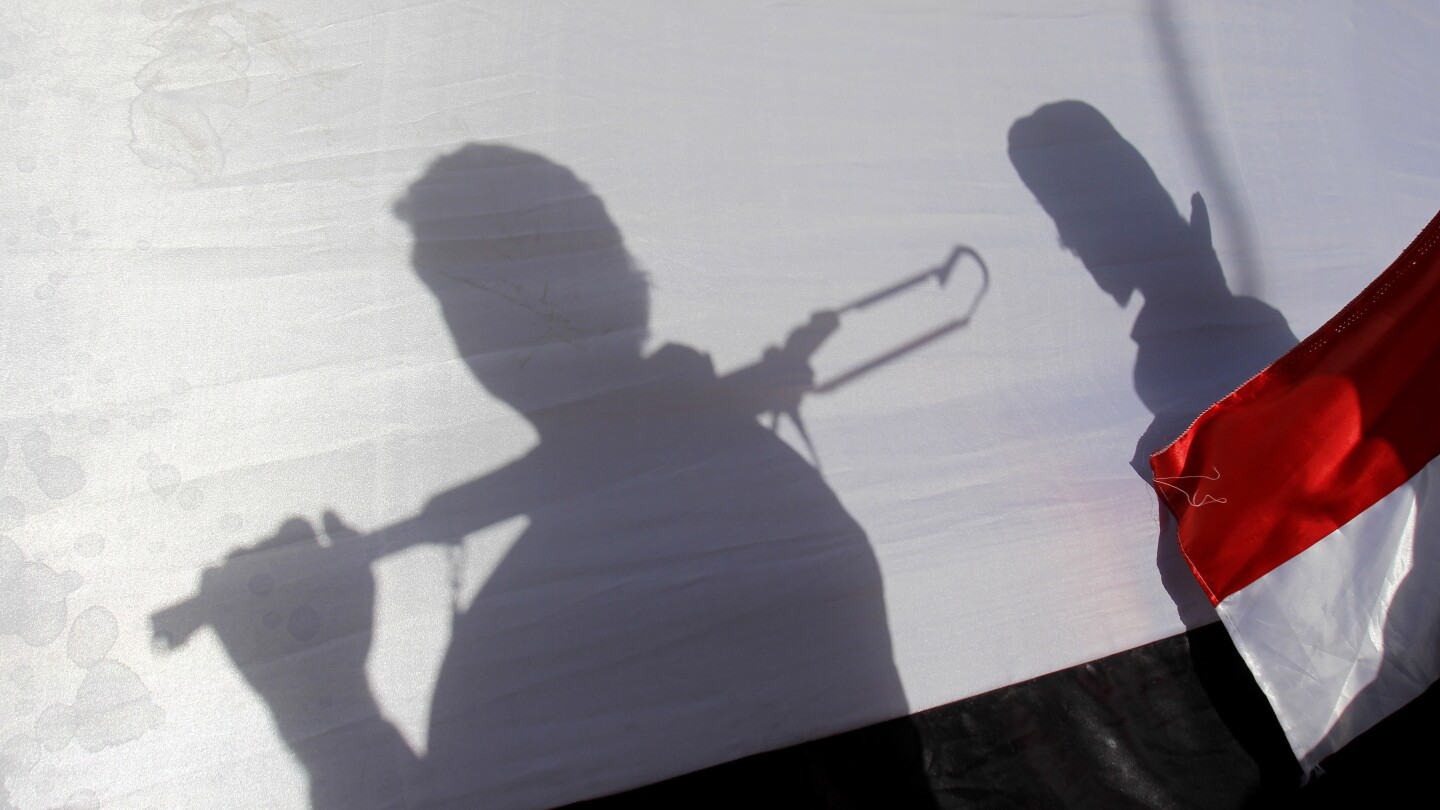DUBAI, United Arab Emirates (AP) — A delegation from Yemen’s Houthi rebels have flown into Saudi Arabia for talks with the kingdom on potentially ending the yearslong war tearing at the Arab world’s poorest nation, officials say.
It remains unclear what terms now are being discussed between Riyadh and the Iranian-backed Houthis, who have held Yemen’s capital of Sanaa since September 2014. But the trip comes after regional rivals Saudi Arabia and Iran reached a Chinese-mediated détente earlier this year and as there’s been a flurry of diplomatic activity between the different parties in the proxy war.
This latest effort appears to have begun with a visit Monday to Oman by Saudi Crown Prince Mohammed bin Salman, the assertive son of King Salman who launched the kingdom-led war back in March 2015. Oman long has served as an interlocutor between both Iran and the Houthis during the war.
On Thursday, King Salman and Crown Prince Mohammed reportedly received letters from Iran’s hard-line President Ebrahim Raisi, who is a protégé of Supreme Leader Ayatollah Ali Khamenei. The substance of the letters was not publicly acknowledged by either country, but it came as an Omani delegation visited Houthi officials in Sanaa.
Field Marshal Mahdi al-Mashat, the head of the Houthis’ supreme political council, issued a statement via the Houthi-controlled SABA news agency praising the peace efforts.
“Peace was and remains our first choice, which must be worked on by everyone,” al-Mashat said. “In response to the mediation of Oman, the national delegation will go, accompanied by the Omani delegation, to Riyadh to complete consultations with the Saudi side.”
Early Friday, the state-run Saudi Press Agency acknowledged that a Houthi delegation had been invited to the kingdom, without elaborating. The English-language newspaper Arab News, which is owned by a company long tied to the kingdom’s royal family, reported that 10-member Houthi delegation had flown into Riyadh on Thursday night.
Yemen’s conflict began in 2014 when the Houthis seized Sanaa and much of the country’s north. The internationally recognized government fled to the south and then into exile in Saudi Arabia.
The Houthi takeover prompted a Saudi-led coalition to intervene months later and the conflict turned into a regional proxy war between Saudi Arabia and Iran, with the United States long involved on the periphery, providing intelligence assistance to the kingdom.
However, international criticism over Saudi airstrikes killing civilians saw the U.S. pull back its support. But the U.S. is suspected of still carrying out drone strikes targeting suspected members of Yemen’s local al-Qaida branch.
The war has killed more than 150,000 people, including fighters and civilians, and created one of the world’s worst humanitarian disasters. A cease-fire that expired last October largely has held in the time since, however. Saudi Arabia, its local allies and the Houthis conducted a prisoner exchange in April as part of peace talk efforts.

